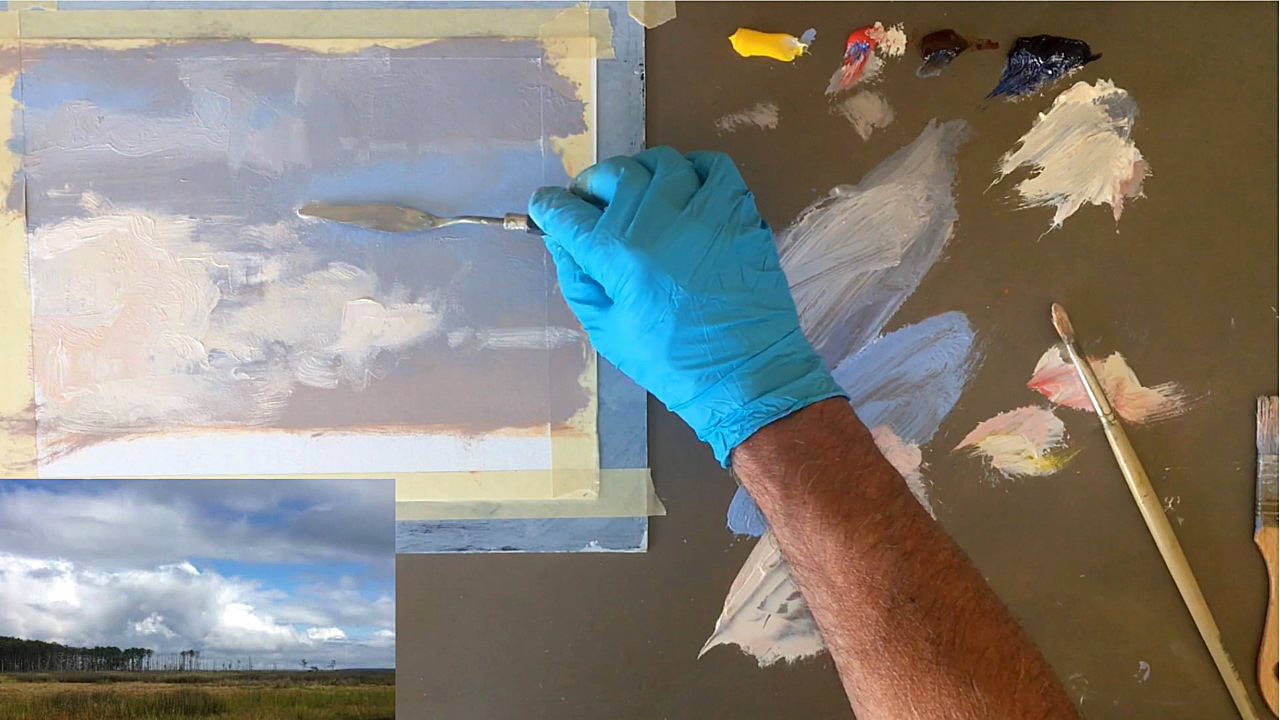When Martha Jordan established the Winslow Art Center in 2011, she was simply trying to keep art classes and workshops going after the closure of Oil and Water Art Supply Inc., where she worked at the time.
WAC was born due to Jordan’s commitment to keep offering opportunities for artists and aspiring artists. Oil and Water offerred a few classes but Jordan wanted to expand those offerings.
“I wanted to fulfill that need,” she said. “I also was selfishly wanting to have an arts community that I could be a part of. Out of that grew this community where friendships were being made.”
Along the way, Jordan began to invite more nationally recognized artists to teach classes, which helped broaden the art school’s reach beyond Bainbridge Island. The problem she would often come across was that the studio space was so limited that she could only offer one workshop at a time.
The workshops would be two to three days a week, consisting of an all-day class for about 14 people. In some cases, the workshops would last an entire week, which Jordan said could be grueling for students and instructors.
Then came COVID-19. Ironically, the pandemic has been a blessing in disguise for some niche businesses, such as WAC. The pandemic forced the arts center to pursue online services to keep providing workshops and classes.
With virtual services, WAC no longer has to worry about the limited space in the studio. Currently, WAC has 80 classes on its website that will begin this fall and will be taught by artists around the globe. Participants, likewise, will be from all over as well.
“Winslow Art Center still has a community, it’s just the community has grown,” Jordan said. “Now with the changes through online learning, it truly is a more global community.”
Since the pandemic began, Jordan ditched providing in-person classes because it wasn’t safe, and also because online was doing so well. With COVID rates skyrocketing, Jordan said she doesn’t plan to offer any services in the studio until 2022.
“I realized that once we started with online classes, it really didn’t make sense to do the intensive three-day (workshop) because online learning changed the format of how people take classes,” she said. “They can paint from their own studio. They don’t have to lug anything anywhere.
“Nothing will ever take the place of being in-person; just that human contact, that interaction you get. But this has definitely gone beyond being the next alternative.”
The same convenience can be said for the instructors. “A lot of these people were on the road all the time with back-to-back workshops all over the country,” Jordan said. “It’s convenient, they still get to interact with their students. For the most part, it’s been positive, and people want to see it.”
In the virtual format, all classes and workshops last four to five weeks with one class per week. The classes are recorded so participants can work at their leisure and fit it into their schedule.
Types of classes and workshops consist of oil paintings, acrylics, pastels, watercolor and gouache, mixed media, drawing, photography and much more.
Throughout September, all WAC virtual events are free, providing one such event each day. At other times, participants need to pay a fee to attend the events.
“I always like to try and give back,” Jordan said. “That’s a really important part of having this be a community. It’s more than an arts school.”
Something the arts center typically does each year, that it hasn’t been able to do recently, is annual travel workshops in Italy. Jordan said those will be coming back next spring with a total of seven trips to the Umbria region, where they will visit the cities of Gubbio and Bevagna. Jordan said they’ve also been to other areas of Italy in past years and hope to add more in the future.
Past venues have included a restored castle, converted monastery, 18th-century hunting lodge, and a 400-year-old working manorial farm with olive groves, vineyards and grazing sheep.
Each tour will accommodate 12-14 artists along with any guests they bring along. On the trip, they explore local culture, sight-see, visit unique venues, eat different Italian food, and much more. Jordan said all these experiences will help the artists create what they want. “People who are painting are painting a lot,” she said.
One of the main reasons Jordan pursues these trips is that she has three daughters who help with the business, and two live in Europe and are married to Italians. “For me, it’s exciting to have my family involved,” she said.



